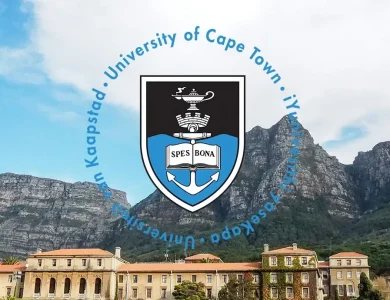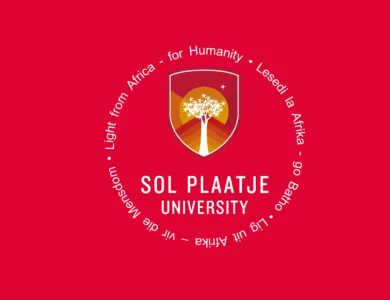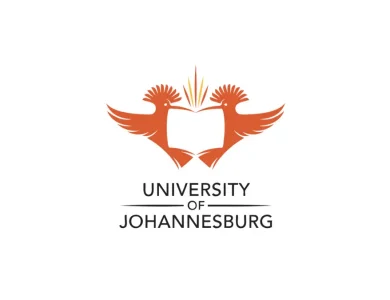University of Limpopo (UL) Courses and their Admission Requirements
We have gathered the official list of courses and faculty that are available in the University of Limpopo (UL).
Therefore, if you are an aspirant of University of Limpopo and you have been searching for courses offered in University of Limpopo, UL courses and their cut off marks, University of Limpopo courses and their admission requirements, UL course outline, requirements to gain admission into University of Limpopo, then you are not alone.
University of Limpopo List of Courses
Departments
School of Languages and Communication Studies
School of Mathematical and Computer Sciences
School of Agricultural and Environmental Sciences
School of Molecular and Life Sciences
School of Physical and Mineral Sciences
School of Economics and Management
Turfloop Graduate School of Leadership
UL Admission Requirements
*Note: make sure that you meet or exceed the admission requirements as set out on the prospectus. Only Bachelor Certificate holders are eligible to apply for admission.
1.1 National Senior Certificate (NSC) with Bachelor exemption
Prospective students, with an NSC, who wish to gain entry to any undergraduate programme at the University of Limpopo, should comply with the following:
- Life Orientation with an achievement level of at least three (3).
- Aligned with the language policy of the university, English as a language of learning and teaching with an achievement level of at least three (3).
- The required minimum levels of achievement in specific subjects as stipulated in the Calendars of each Faculty, provided that:
- Four 20-credit subjects were achieved with a minimum NSC achievement level of four (4) for degree programmes and
- Four 20-credit subjects were achieved with a minimum NSC achievement level of three (3) for diploma programmes.
- The required Admission Point Score (APS) as stipulated in the Calendars of each Faculty.
Meeting the minimum APS for a particular programme does not, however, guarantee admission.
1.2 Matriculation Certificate (prior 2008)
- Students, who successfully completed Grade 12 before 2008, can apply for admission to the University with the normal Grade 12 Senior Certificate with full university exemption by converting their grade symbols to an APS.
1.3 National Certificate (Vocational)
- Students who have successfully completed a National Certificate Vocational NC(V) Level 4 qualification will require the following and will be subject to Faculty Admission Specifications and Placement Tests:
- NC(V) level 4 certificate with 3 fundamental subjects 60% (Life Orientation included) and 4 relevant vocational subjects at 70% for degree programmes.
- NC(V) level 4 certificate with 3 fundamental subjects 50% (Life Orientation included) and 3 compulsory vocational subjects at 60% for diploma programmes.
1.4 The Admission Point Score (APS) system
The system is a simple calculation, using your NSC or Grade 12 university exemption results, which can be done by any prospective student to determine if he/she meets the minimum requirements to gain entry into:
- The University of Limpopo
and
- A specific programme of choice offered by a Faculty within the University.
Meeting the minimum APS for a particular programme does not, however, guarantee admission.
The calculation is done by the addition of the achievement levels in six (6) recognised 20 credit subjects as stipulated by specific requirements of the Faculties. Achievement levels are as follows (Note Life Orientation is not used in the APS calculation):
| NSC Achievement Level |
NSC% |
Senior Certificate Higher Grade |
Senior Certificate Standard Grade |
APS |
NC(V) |
|
7 |
80-99 |
A |
|
7 |
5 |
|
6 |
70-79 |
B |
A |
6 |
4 |
|
5 |
60-69 |
C |
B |
5 |
3 |
|
4 |
50-59 |
D |
C |
4 |
3 |
|
3 |
40-49 |
E |
D |
3 |
2 |
|
2 |
30-39 |
F |
E |
2 |
1 |
|
1 |
0-29 |
G |
F |
1 |
1 |
The following is an example of an APS calculation:
| School subject |
NSC Achievement level |
Senior certificate |
APS |
|
Language 1 |
4 |
D |
4 |
|
Language 2 |
4 |
D |
4 |
|
Mathematics |
6 |
B |
6 |
|
Physical Science |
6 |
B |
6 |
|
Life Science |
7 |
A |
7 |
|
Accounting |
2 |
F |
2 |
|
APS Total |
|
|
29 |
2. Qualifications other than the NSC
Prospective students should get verification of the qualification from Higher Education South Africa (HESA). More information can be obtained from www.hesa.org.za. Prospective students with matriculation qualifications from outside the borders of South Africa, can also contact the International Office on +27 (0) 15 268 3046.
APS Conversion Table for Non- NSC examinations.
| APS |
NSC |
IGCSE/ GCSE/ NSSCO-Level |
HIGCSE/ NSSC HL |
AS Level |
A-Level |
IB-HL |
IB-SL |
|
10 |
|
|
|
|
A |
7 |
|
|
9 |
|
|
|
|
|
|
|
|
8 |
8 |
|
|
|
B |
6 |
|
|
7 |
7 |
|
1 |
A |
C |
5 |
7 |
|
6 |
6 |
|
2 |
B |
D |
4 |
6 |
|
5 |
5 |
A |
3 |
C |
E |
|
5 |
|
4 |
4 |
B |
3 |
D |
|
|
4 |
|
3 |
3 |
C |
4 |
E |
|
|
3 |
|
2 |
2 |
D/E |
|
|
|
|
2 |
|
1 |
1 |
F/G |
|
|
|
|
1 |
|
NSC – National Senior Certificate (completed Grade 12 in and after 2008) IGCSE – International General Certificate of Secondary Education |
|||||||
3. Placement Test
The University of Limpopo will conduct National Benchmarking Tests for prospective students. The results of the test will be used for research in terms of student profiles and for allocation of appropriate support.
4. Extended Curriculum Programmes (ECP)
The extended curriculum programmes offered at the University are linked to the corresponding approved regular undergraduate degree programmes, but allow students an additional year to achieve the learning outcomes. Results of the Placement Tests are of particular relevance to gain access into these programmes.



